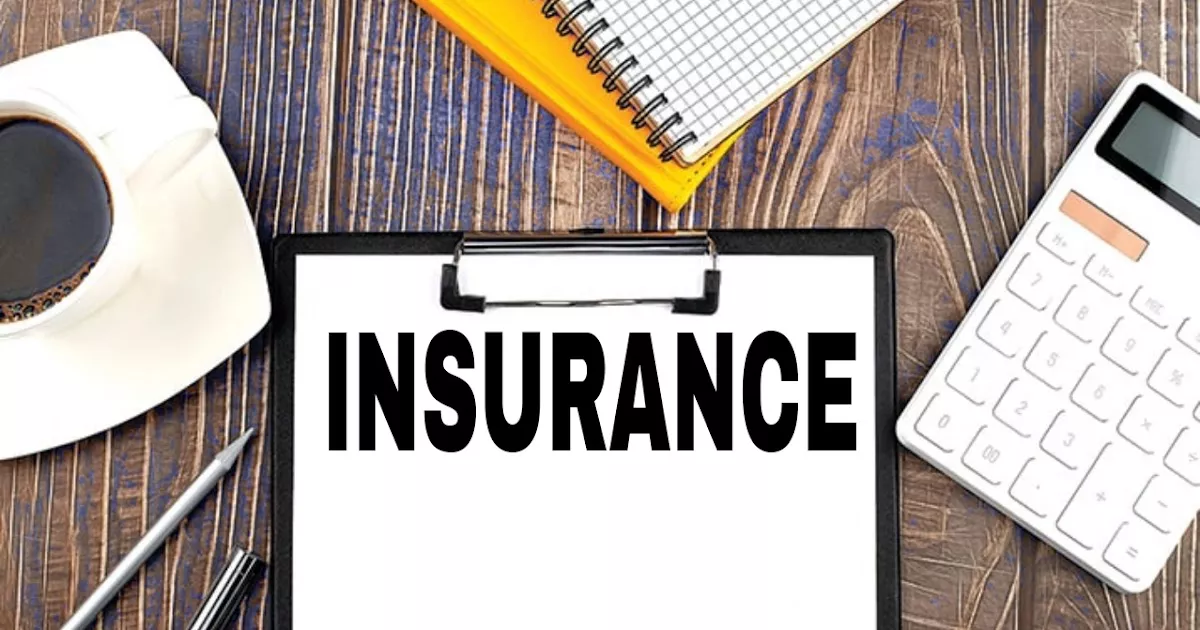Insurance policies are essential for protecting individuals, families, and businesses from unforeseen risks. However, life circumstances change, and sometimes, insurance policies are terminated or canceled. When that happens, it’s important to understand how long coverage lasts after termination. Does insurance coverage continue for a period of time after termination, or does it end immediately? The answer is not always straightforward and depends on several factors, including the type of insurance, the terms of the policy, and the circumstances surrounding the termination.
In this article, we will explore the complexities of insurance coverage after termination. We’ll break down the different types of insurance, the processes that can affect coverage expiration, and how policyholders can ensure they are properly protected even after a policy is terminated.
Understanding Insurance Termination
Insurance termination refers to the ending of a contract between the insurer and the policyholder. This can happen for various reasons, such as non-payment of premiums, policyholder’s request, or when the insurance company decides to cancel the policy for a valid reason.
When a policy is terminated, the coverage typically ends on the termination date. However, the specifics can vary depending on the type of insurance and the terms of the agreement. Some insurance policies may have a “grace period” or other provisions that allow coverage to extend for a limited time after the termination notice.
Types of Insurance Policies and Coverage Duration
Different types of insurance policies have different terms when it comes to termination and how long coverage lasts after termination. The most common types of insurance to consider are:
Health Insurance
Life Insurance
Auto Insurance
Homeowners or Renters Insurance
Let’s explore how termination affects each of these policies in more detail.
Health Insurance Coverage After Termination
Health insurance is one of the most important types of coverage, and its termination can have significant consequences. The duration of health insurance coverage after termination depends on whether the policy is provided through an employer or purchased individually.
Employer-Sponsored Health Insurance
When you have health insurance through your employer and you leave your job, your health insurance coverage typically ends on your last day of employment. However, the Consolidated Omnibus Budget Reconciliation Act (COBRA) may allow you to continue your health insurance coverage for a period of time after leaving your job.
COBRA Coverage: Under COBRA, former employees and their dependents can continue to receive employer-sponsored health insurance for up to 18 months (or longer, depending on the circumstances). This coverage is generally available after termination, but the policyholder will have to pay the full premium, including the portion previously paid by the employer.
Grace Periods and Extensions: COBRA allows for a 60-day grace period during which the individual can opt to continue their coverage. During this time, the coverage remains active, but failure to pay within this period could result in a loss of insurance.
Individual Health Insurance
For individual health insurance policies, termination can be straightforward. If you choose to cancel your individual policy or stop paying premiums, coverage generally ends immediately.
However, some states offer extended coverage options through programs such as state continuation laws, which may allow individuals to continue health insurance coverage for a period after cancellation.
Short-Term Health Insurance: In certain situations, policyholders may be eligible for short-term health plans that last anywhere from 30 to 364 days. These plans are usually available for those who experience a gap in their coverage but do not require long-term insurance.
Life Insurance Coverage After Termination
Life insurance policies are typically less flexible than health insurance in terms of continuation after termination. When a policyholder stops paying premiums or cancels a policy, coverage ends.
Term Life Insurance
Term life insurance policies provide coverage for a specified period (e.g., 10, 20, or 30 years). Once the term ends or if the policyholder discontinues payments, coverage will cease immediately. Some term life policies offer conversion options, where the policyholder can convert the policy into a permanent life insurance policy before the term expires.
Permanent Life Insurance
Permanent life insurance policies, such as whole life or universal life insurance, provide lifelong coverage. However, if the policyholder stops paying premiums, the insurance company may cancel the policy, or it may lapse depending on the accumulated cash value. In such cases, the coverage would end unless specific arrangements, like automatic premium loans, are made to keep the policy in force.
Grace Period: Permanent life insurance policies typically come with a 30-day grace period after the premium due date. During this time, the policyholder can pay the premium and maintain coverage. If the premium is not paid by the end of the grace period, the policy will lapse, and coverage will terminate.
Auto Insurance After Termination
Auto insurance provides coverage for damage or injury caused by accidents involving your vehicle. When auto insurance is terminated, the coverage generally stops immediately unless specific provisions are in place.
Voluntary Cancellation
If you cancel your auto insurance policy, coverage ends as soon as the cancellation is processed. Most insurance companies require that you notify them in writing or through their online portal.
Non-Payment of Premiums
If an auto insurance policy is canceled due to non-payment of premiums, the policy will likely terminate immediately after the insurer sends a cancellation notice. In some cases, insurers may offer a grace period for late payments, typically 7 to 30 days, during which coverage continues. However, once the grace period expires without payment, coverage is voided.
State-Specific Regulations
Some states have laws that provide minimum coverage after auto insurance termination. For instance, in some states, you may be required to maintain a minimum level of coverage (such as liability insurance) even after your policy is canceled.
Homeowners and Renters Insurance After Termination
Homeowners and renters insurance protect your home and personal belongings against damage, theft, or loss. Coverage typically ends when the policy is canceled, but some circumstances may extend coverage temporarily.
Homeowners Insurance
If a homeowners insurance policy is canceled, coverage usually terminates immediately. However, some insurers may allow a grace period if the policyholder misses a premium payment. This grace period can range from 7 to 30 days, depending on the insurer. If the homeowner fails to make a payment within this grace period, coverage will lapse.
Renters Insurance
Similar to homeowners insurance, renters insurance terminates immediately after cancellation. In the event of non-payment, most insurers will offer a grace period (typically 7 to 15 days) before cancellation. After this period, coverage ends.
How to Protect Yourself After Insurance Termination
It’s important to take steps to ensure that you remain protected after your insurance policy is terminated. There are several options available to maintain coverage or secure new insurance:
Consider Short-Term Coverage Options
Short-term health insurance, auto insurance, or life insurance policies can offer temporary coverage until you secure long-term insurance. These policies can bridge the gap and provide protection while you look for a permanent solution.
Review Your Insurance Policy Terms
Before canceling or allowing your policy to lapse, review the terms of the contract. Many insurance policies contain provisions for grace periods, automatic renewals, and conversion options that may extend coverage beyond the termination date.
Look for Replacement Coverage Immediately
When terminating one insurance policy, it is advisable to begin shopping for replacement coverage immediately. This ensures that there is no gap in coverage and reduces the risk of being left uninsured. For example, if you cancel your auto insurance, ensure that your new policy is in place before the cancellation takes effect.
Pay Premiums on Time
To avoid termination due to non-payment, consider setting up automatic payments or using reminders to ensure that your premiums are paid on time. Most insurers offer multiple payment options, which can help streamline the process.
Conclusion
The duration of insurance coverage after termination can vary based on the type of insurance, the policy terms, and the circumstances surrounding the cancellation. Health, life, auto, and homeowners insurance policies all have different rules when it comes to how long coverage lasts after termination. While many policies end immediately after termination, some provide grace periods or allow for extended coverage options like COBRA, short-term insurance, or conversion options. Understanding these nuances can help you avoid gaps in coverage and ensure that you remain protected after your insurance policy ends.
Whether you’re transitioning between health plans, canceling auto insurance, or considering the future of your life insurance, it’s essential to fully understand the terms of your policy and take proactive steps to maintain continuous coverage.
Related Topics:




























